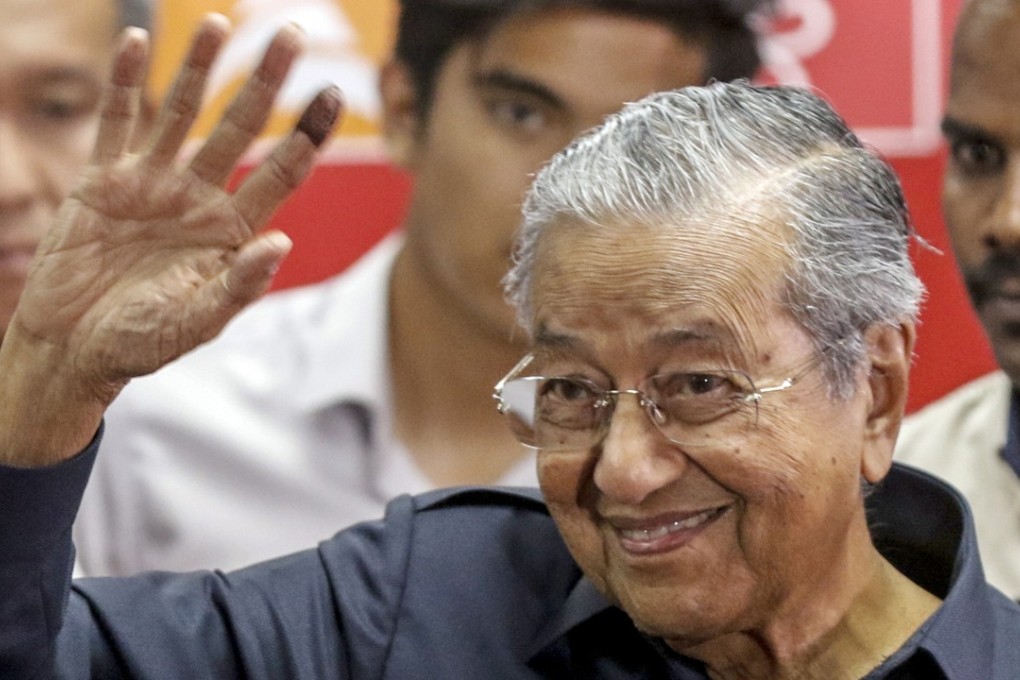Quick Take | Dare to hope for more in Malaysia’s new democracy
There are good reasons to think Malaysia’s new democracy will survive. But Pakatan Harapan must beware of stepping on toes and of failing to deliver on the economy – or risk popular frustrations hardening into disillusion

Will Malaysia’s new democracy survive? There are good reasons to think so. To be sure, Samuel Huntington would have regarded the country’s transition as a bottom-up mode of “replacement”, which in unleashing high expectations can threaten a new democracy’s health.
From Malaysia’s first lady to bag lady: Rosmah Mansor’s Hermes collection causes social media storm
Finally, stunned Umno politicians accepted their defeat. After shedding their tainted leader they entered opposition, there to recover, prepare for elections, and one day, perhaps, regain office. On this score, Taiwan’s KMT might give comfort to Umno. In addition, for such parties to return to power, then again to opposition, signifies the passage of what Huntington once termed the “two-turnover test”, intimating the agreement between adversarial parties on democracy’s worth.
WATCH: Anwar's take on Mahathir and Malaysian politics
Umno retains enough assets and prospects that it might emulate the KMT, giving it a stake in the order. Umno still has a compelling campaign story: it is the party of national independence, rapid industrialisation, and Malay upward mobility, all the while safeguarding social peace.

So what could go wrong? Although Malaysia’s bottom-up dynamic was peaceful, it may still spur the Pakatan government to pursue institutional and policy reforms too far, too fast. In their classic writings on democratisation, Guillermo O’Donnell and Philippe Schmitter warned of the “inviolable” interests of the military and the bourgeoisie. Hence they argued that parties aligned with these interests must, in founding elections at least, “be helped to do well”, enabling them to moderate the reforms that follow. But in Malaysia, a triumphant Pakatan government deposes top civil servants, exposes debt levels, cancels state contracts, threatens jail terms over corruption, ponders the privatisation of state enterprises and turns away from China. Pakatan thus risks stepping on the toes of entrenched elites able still to “make trouble”, inviting what O’Donnell described as “authoritarian backlash”. At the same time, Pakatan may disappoint its new supporters. It has promised economic renewal, redressing Malaysia’s acute double bind of low wages and high living costs. But after abolishing the Goods and Service Tax and scaling back road tolls, it must now impose cutbacks and austerity. The popular frustrations that ensue could harden into the widespread disillusion with democracy that O’Donnell and Schmitter see as nearly inevitable.
